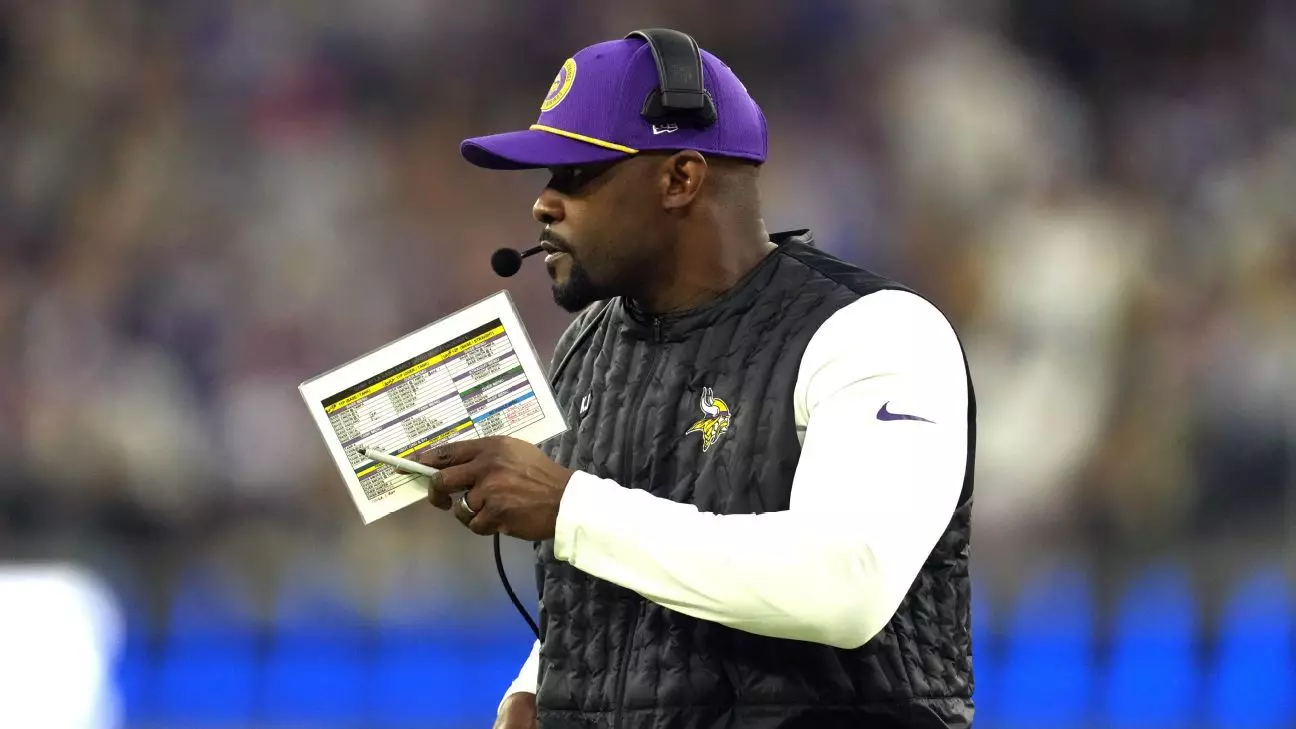The recent judicial decision against the NFL marks a significant shift in the ongoing battle for racial equality within one of America’s most influential sports leagues. When a federal appeals court challenged the league’s arbitration practices, it not only spotlighted systemic bias but also questioned the integrity of the league’s governance and its commitment to justice. The court’s stance underscores a critical evaluation of how powerful institutions may undermine accountability under the guise of procedural fairness. It reveals that behind the glamorous spectacle of football lies a deeply ingrained culture that often silences or dismisses voices demanding equality and fairness.
The core issue at hand revolves around the NFL’s arbitration clauses, which historically shield the league from external scrutiny while protecting its officials—particularly Commissioner Roger Goodell—from impartial oversight. The appellate court’s decision to dismantle these provisions exposes how self-serving and flawed these mechanisms truly are. Instead of serving as tools for genuine dispute resolution, the arbitration process has functioned as a barrier, effectively allowing the league to dismiss allegations of discrimination without transparent review. This ruling not only champions the rights of individuals like Brian Flores but also sets a precedent that could compel powerful organizations to reconsider their self-regulatory practices.
Challenging the Power Dynamics That Perpetuate Racism
Flores’s lawsuit is more than a personal grievance; it is a stark indictment of the NFL’s institutional culture. His allegations of rampant racism in hiring practices and coaching opportunities echo broader societal issues about opportunity and systemic bias. As a Black coach who faced dismissals after confronting uncomfortable truths, Flores embodies the struggle against entrenched power structures that prioritize appeasement over justice. His courage to stand up, despite risking his career, underscores the importance of allies willing to challenge status quo.
What makes Flores’s case compelling isn’t solely the accusations but the wider implications. It exposes an industry that, despite its enormous profitability and social influence, has historically marginalized Black professionals. The meritorious claim that the NFL’s internal processes are inherently biased represents not just a legal fight but a moral one. The court’s decision discourages the league from hiding behind procedural technicalities and encourages a more honest examination of its internal practices.
Moreover, the court’s critique of the NFL’s arbitration clauses points to a larger issue: the inherent imbalance of power between workers and corporations. The league’s attempt to enforce arbitration through constrained, biased processes seems designed to silence dissent rather than resolve disputes fairly. This decision could inspire other industries to revisit their dispute resolution systems, promoting a culture of accountability and fairness that transcends sports.
The Path Forward: Confronting Systemic Racism Head-On
While the legal victory is tangible, it signals only the beginning of a broader cultural shift needed within the NFL. The league’s response—voicing disagreement and promising further review—seems more like lip service than genuine acknowledgment of the problem. For real change to occur, the NFL must embrace transparency and overhaul its hiring, promotion, and disciplinary procedures. It needs to foster an environment where advocacy isn’t punished, and genuine diversity is prioritized at every organizational level.
Flores’s journey illustrates the importance of resilience in the face of systemic resistance. His willingness to risk his career to shed light on racial inequities exemplifies the moral courage necessary to spark meaningful reform. The NFL, an organization whose influence reaches millions, has a duty to not only listen but to actively dismantle the racial barriers that have long persisted.
In confronting these entrenched issues, the league must examine itself critically. It must recognize that allegations of discrimination aren’t isolated incidents but symptoms of a deeper cultural malaise. Only then can it hope to rebuild trust among players, coaches, and fans who increasingly demand social responsibility and justice. Fixing these problems isn’t just about avoiding legal repercussions; it’s about aligning the league’s values with the principles of fairness, equality, and respect that define the modern era.

